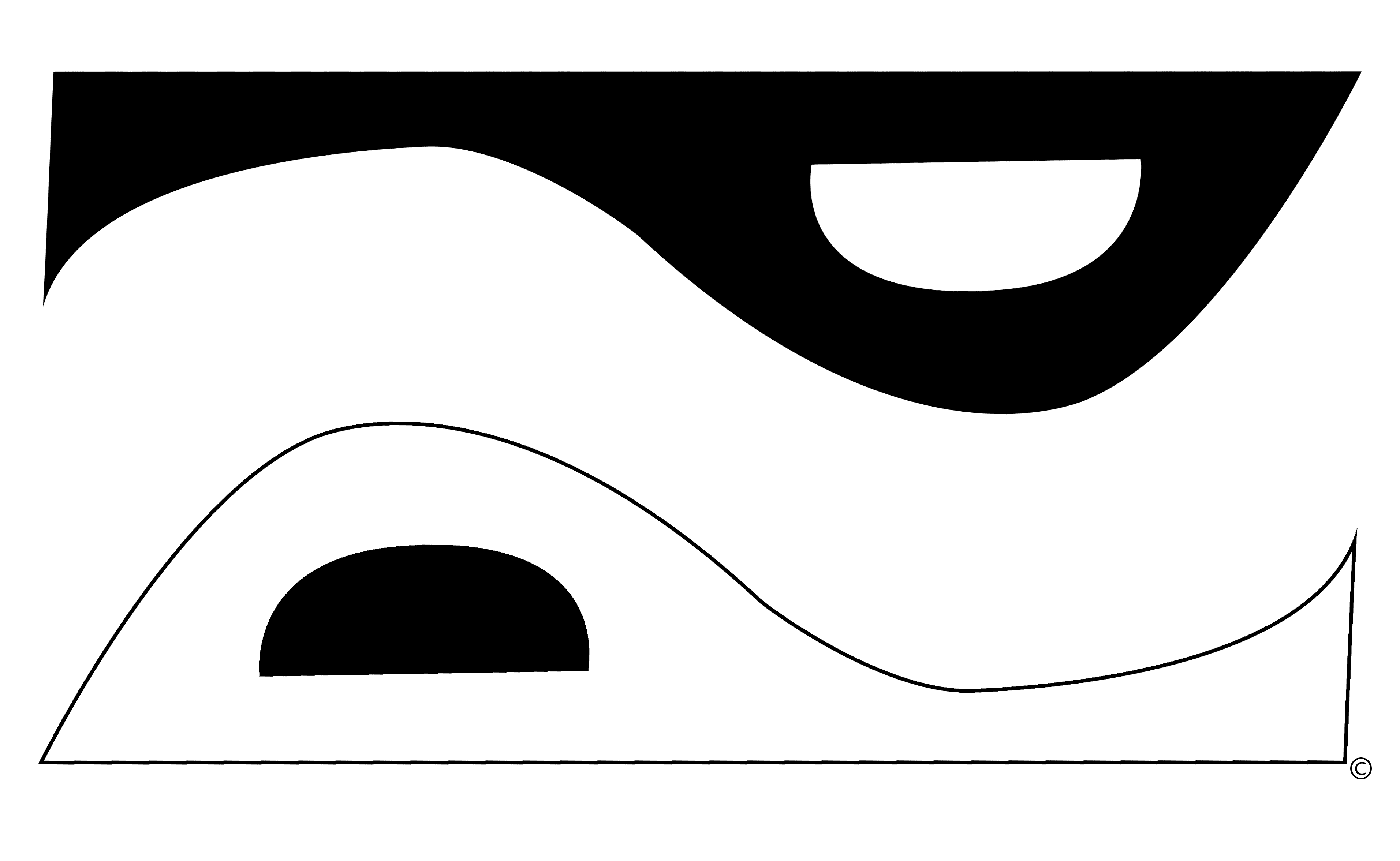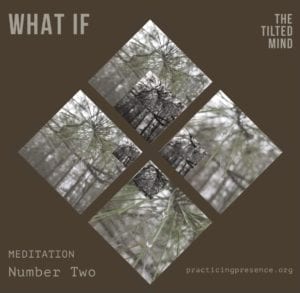I took a Sunday walk.. a short detour on my path to presence… and read the following article from the New York Times 1619 project (400 years since the first slave ship to the United States).
This journey produced the following query, “To what end is ‘unfettered capitalism’, but moral depravity?” In the article, Desmond links the 1837 depression due to over-speculation in cotton prices to the 2008 mortgage crisis. Let us not forget 1929 … the Great Depression, again due to overinvestment. It seems to me; the real fail-safe for capitalism is over-speculation coupled with the belief that unfettered capitalism is the only answer for a true society. However, one must ask oneself, ‘What is the true foundation of a happy and healthy society?’
In the original story of ‘The Tourist and Fisherman’, entitled “Anekdote zur Senkung der Arbeitsmoral” or “Anecdote concerning the Lowering of Productivity” and published in 1963, german writer Heinrich Böll explores the futility of capitalist production. A short summation of the story is that a businessman provides advice to a fisherman, that if the fisherman just worked harder to produce more he could then take a vacation. The story begs the question, is it really the tourist or businessman that has it all figured out? All of that busyness to an end that the fisherman has wisely deduced, and with less energy output and more vacation time! Indeed, the current level of capitalism, with big banking systems and massive corporations, has taken on a new dynamic. The quest to produce more profit has now resulted in a negative net effect, in terms of poor health, unhappiness, less or no vacations, younger mortality rates, environmental ruin, and many other dilemmas we find ourselves in, in our so-called ‘modern’ society.
As a descendant of the American slavery system, I have a disaffinity for the study of anything related to slavery. It is laden with a heaviness I’d rather not contemplate, especially on good days. Yet there are moments like when my son was introduced to the three-fifths compromise, that I’m jarred into consideration of slavery’s profound effects on society. I still hear his exclamation, “I am NOT 3/5ths of a person!” He was not even yet 10 years old, and he understood the unfairness of the categorization. It seems determinate amongst our society to railroad the idea that we were once slaves, without the understanding that we were never slaves. The educational system fails to include the fact that we were indeed glorious men and women, and worthy on all planes. In that vein, my favorite movie on slavery is the fictional story of ‘Django’. It encompasses hope and promise, and I will admit some delusion. Ultimately, it provides some sort of pseudo-justice in a world where people are used in such an exploitative fashion. Desmond is correct in drawing a parallel between our means of production and our societal system. It seems easier to digest the cruelty when juxtaposed to the concept of greed. In this way, it is a calculating and clinical exacting of sources and means of production. What level of moral depravity must one reach in order to exact ones’ pleasure from the use of souls in this way? How this busy businessman must suffer so, to cause the suffering of others in this manner? Perhaps we should all remember the wisdom of the humble fisherman.
My father makes me suffer a lot. Should I keep seeing him? | Q & A with Thich Nhat Hanh
In the above dhamma talk, Thich Nhat Hanh’s answer rings true as a way to see the study of slavery in America. There is no way to go back from or take away the fact that slavery is a part of the black American experience. There is no way to take out that the history of slavery is a part of every American, and that this intersectionality is the truth. That said, how do we grow as an individual? How do you work on your own personal paradigms and experiences? Is it possible to transcend such suffering? How does one accept that slavery is a part and parcel of who we are, and that acceptance and finally that transcendence is how we become a better person? Aptly so, the question is from a child, and Thich Nhat Hanh provides a powerful answer.





